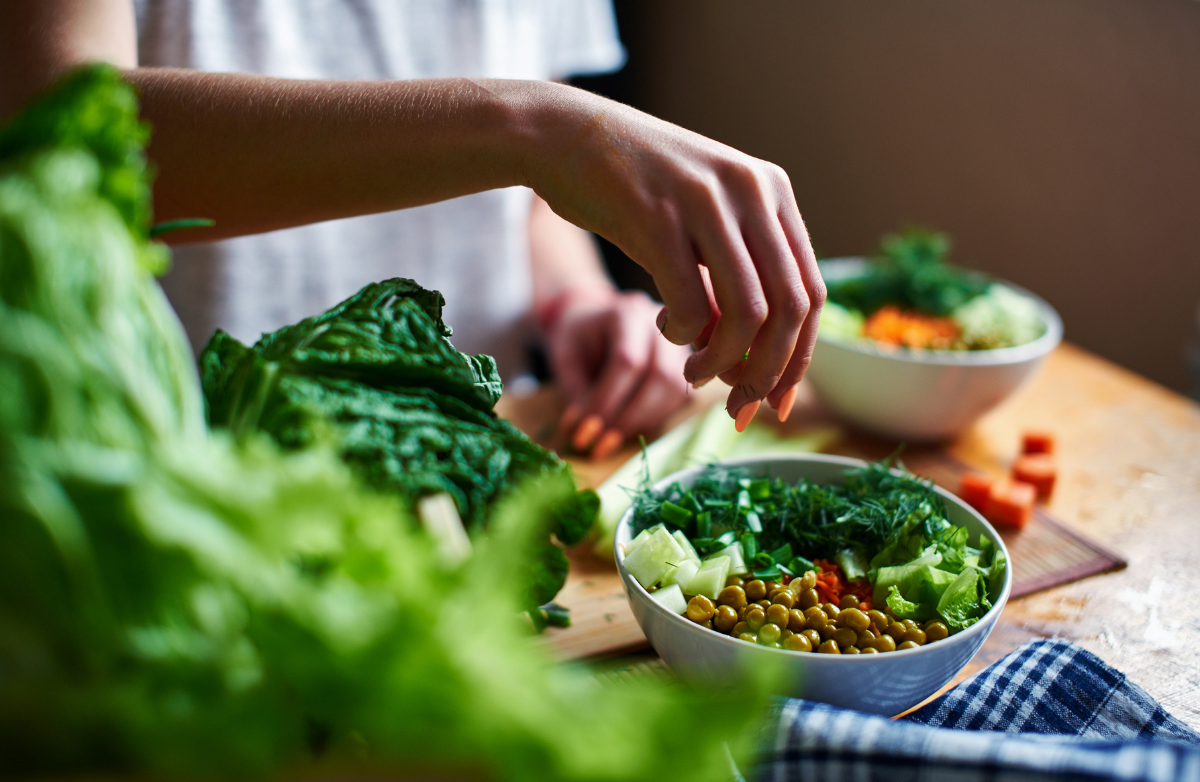
Your gut plays a central role in your overall health. It not only helps digest food but also supports your immune system, mood, and energy levels. A healthy gut relies on a balanced diet that provides nutrients, fiber, and good bacteria, while minimizing foods that can disrupt digestive health.
Key Principles for Gut-Friendly Eating
1. Include Plenty of Fiber
Fiber feeds the healthy bacteria in your gut and helps keep digestion regular. Aim to include a variety of fiber-rich foods each day, such as:
-
Fruits: berries, apples, pears
-
Vegetables: broccoli, carrots, leafy greens
-
Whole grains: oats, quinoa, brown rice
-
Legumes: beans, lentils, chickpeas
2. Eat Fermented Foods
Fermented foods contain probiotics—live bacteria that support a balanced gut microbiome. Try adding:
-
Yogurt with live cultures
-
Kefir
-
Sauerkraut or kimchi
-
Miso or tempeh
3. Limit Highly Processed Foods
Highly processed foods, especially those high in sugar or unhealthy fats, can disrupt gut bacteria. Focus on whole, minimally processed options whenever possible.
4. Stay Hydrated
Water is essential for digestion and helps fiber move through the digestive tract efficiently. Aim to drink water consistently throughout the day.
5. Balance Fat and Protein
Choose healthy fats, like olive oil, avocado, and nuts, and lean protein sources, such as fish, poultry, tofu, or beans. These foods help maintain a healthy gut lining and provide important nutrients without overloading your digestive system.
6. Mind Your Eating Habits
-
Eat slowly and chew thoroughly to help digestion.
-
Avoid overeating at one sitting. Smaller, balanced meals support gut comfort and nutrient absorption.
Tips for a Gut-Friendly Routine
-
Start your day with a high-fiber breakfast, like oatmeal with fruit and seeds.
-
Incorporate a variety of colorful vegetables at lunch and dinner.
-
Use herbs and spices, like ginger, garlic, and turmeric, which may support gut health.
-
Snack on nuts, fruit, or yogurt rather than processed chips or sweets.
The Bottom Line
A healthy gut is built on consistency and variety. By prioritizing fiber, fermented foods, hydration, and balanced meals, you can support digestion, boost immunity, and feel your best every day. Small changes in your eating habits can have a big impact on gut health over time.













